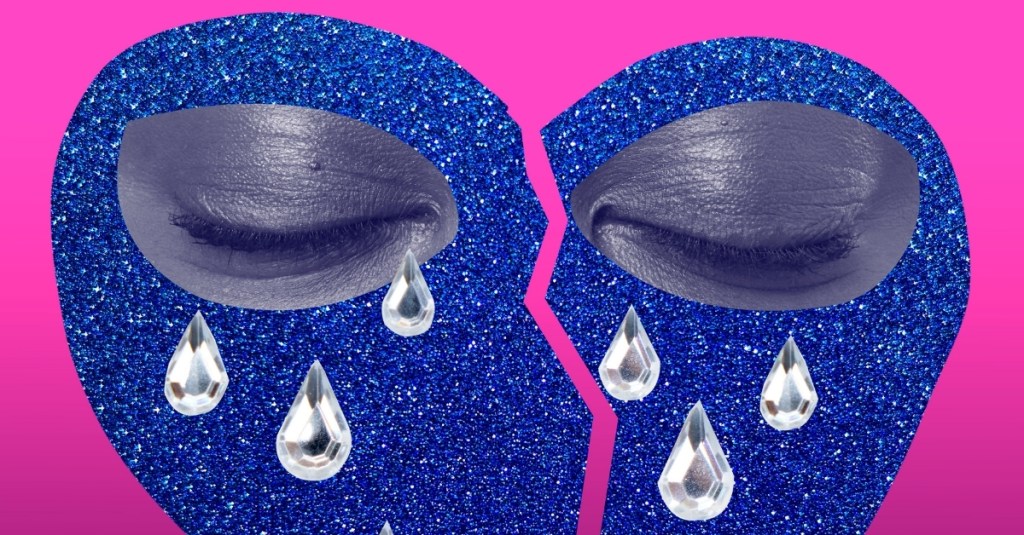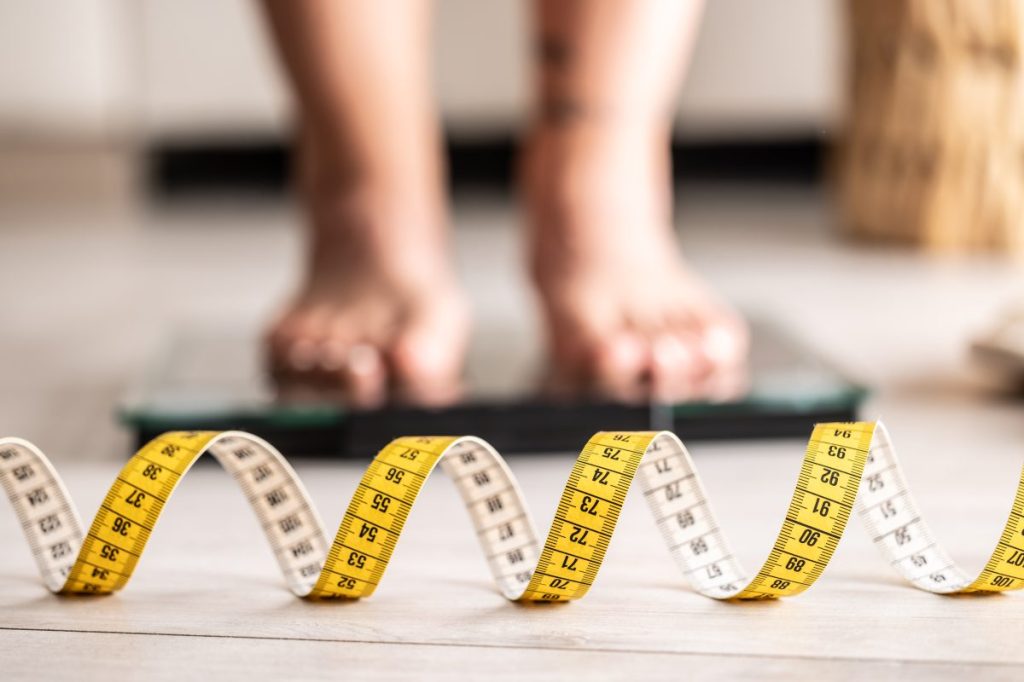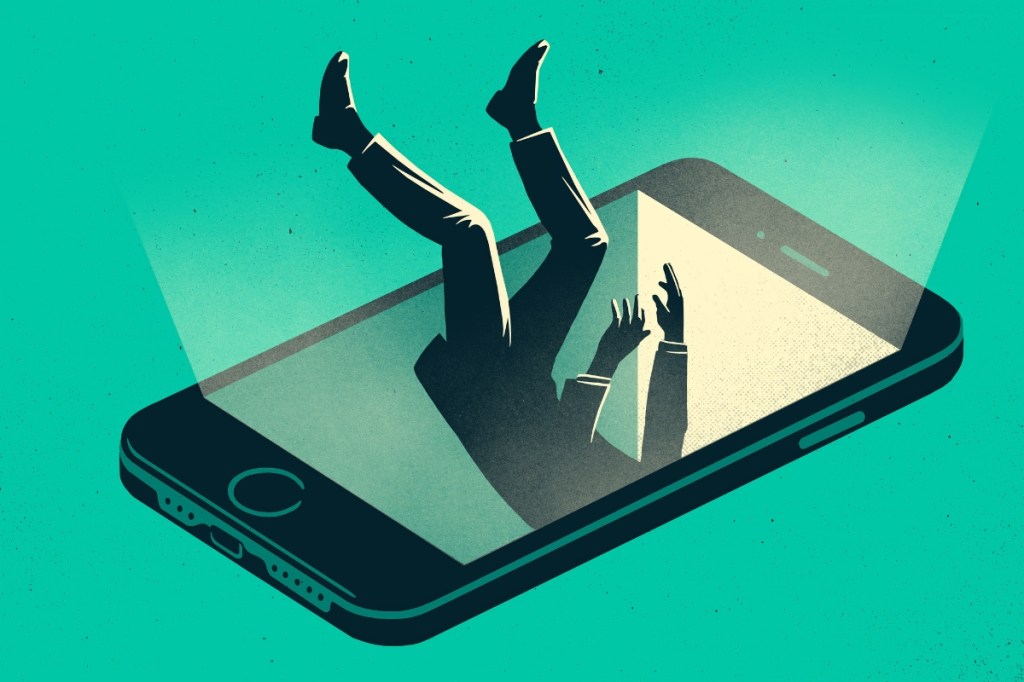NPR ran an interesting story about how damaging smartphones can be to our mental health. It’s filled with all sorts of fascinating factoids stemming from research conducted by some brainiacs from universities in the US and Canada. In short, the team found the less people engage with their phones, the happier they are.
I know, “smartphones make us miserable!” is not exactly breaking news. Yet there is a bit of a buried lede situation in this story. Here it is, copied and pasted from the original text, originally positioned so deep into the NPR report that you think it was of no consequence: “One of the surprising findings is that the decrease in depressive symptoms was on par—or even greater than—reductions documented in studies of people taking antidepressant medications.”
Videos by VICE
Smartphones Are Making Us Depressed And Anxious
If you listen to the audio version of this story (which you can a little pop-up that appears in the top right of the original article linked above), one of the study’s authors wants to make clear that he’s not saying that not being on your phone is just as good if not better than being on antidepressants. If you’re on antidepressants, stay on your antidepressants.
But, according to their research, you might feel anywhere between a little bit happier to significantly happier if you just don’t interact with your phone nearly as often. If you’re lucky, you might even feel similar reductions to your depression and anxiety comparable to people who are being pharmaceutically treated for those conditions.
The study found that taking a two-week break from using the internet on your smartphone improved a person’s mental health, attention, and overall well-being. You don’t have to literally go out and touch grass to reap the benefits; just don’t be on your phone as often because that little rectangle is a little Hellgate into a world of anxiety and fear.
Researchers found that 91 percent of the participants felt better after a two-week break. To be clear, that extremely high percentage was hit even after many of the participants admitted to breaking the rules of the smartphone sabbatical because some things in modern life require their use, like getting driving instructions from Google Maps, for instance.
What’s maddening about smartphones is that most of us don’t want to be as glued to them as we are, but we’re addicted and we’ve conditioned ourselves, individually and on a societal level, to think that being devoured by these things is perfectly normal, as if doom-scrolling were a noble tradition passed down by our ancient ancestors.
Not being on your phone as often probably isn’t the key to unlocking a better, happier you, but it probably provides much more benefit than you even realize.
More
From VICE
-

De'Longhi Dedica Duo – Credit: De'Longhi -

We Are/Getty Images -

Photo by tang90246 via Getty Images -

Credit: SimpleImages via Getty Images
